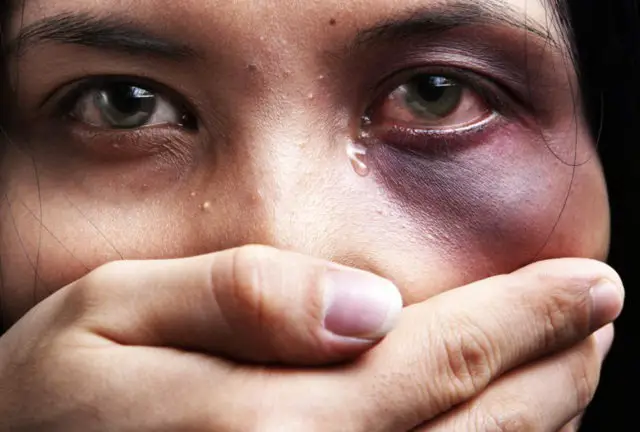The statement was issued by the Communication Research Center (CICOM), the School of Collective Communication Sciences (ECCC) and the Postgraduate Program in Communication (PPC) of the University of Costa Rica
In recent days, criticisms have been generated from broad sectors of the citizenry about the way in which the media refers to violence against women, especially in relation to cases of femicide.

The way in which violence against women is narrated shapes the opinion of society about the problem. In this way, it contributes to its normalization, or to its eradication. When the media use phrases such as “she was walking in the street very late” or “alone”, or when they refer to the type of clothing the victim was wearing, or to their habits or relationships as justification for the violence, they revictimize women.
The media also violates when they treat painful stories of violence and femicide in a sensationalist way; when they reduce a social problem as serious as violence against women to a simple event, to individual and disconnected cases.
Also when they make invisible the voices of instances and social organizations that know the problem and can contribute to the journalistic approach, or when they reproduce images that objectify women; when they reproduce over and over again gender stereotypes, labels and euphemisms to refer to people, whether in news, advertisements or fiction, the media and digital platforms; when the realities of women are represented in a biased way as victims and not as women with a history beyond the violent act, blaming them for the violence they receive at the hands of partners, ex-partners or strangers or mitigating the responsibility of the person who committed the femicide.
All of this is media violence, which contributes to reproducing violence against women, but which itself constitutes a form of violence that also destroys the lives of women and their families.
From UCR research and teaching spaces, we recognize the need to strengthen training in human rights in general and the rights of women in particular and we assume the challenge of actively participating in the construction of a society free of violence, issues in which we have been working systematically in recent years.

We acknowledge the efforts of some media in this regard and urge others to also face this challenge. Their role is strategic and indispensable. The expressions of social repudiation of the tabloid and sensationalist approach to some news approaches, reveals an increasingly critical citizenry of the media, which awaits the professional practice of journalism and does not ignore that the media are political and social actors. The public demands it, society demands it.
From our spaces, we urge that educational institutions such as communication companies generate dialogue and joint strategies to promote the production of communication that is inclusive, with a human rights perspective and that recognizes and defends the rights of women to live a life free of violence.

